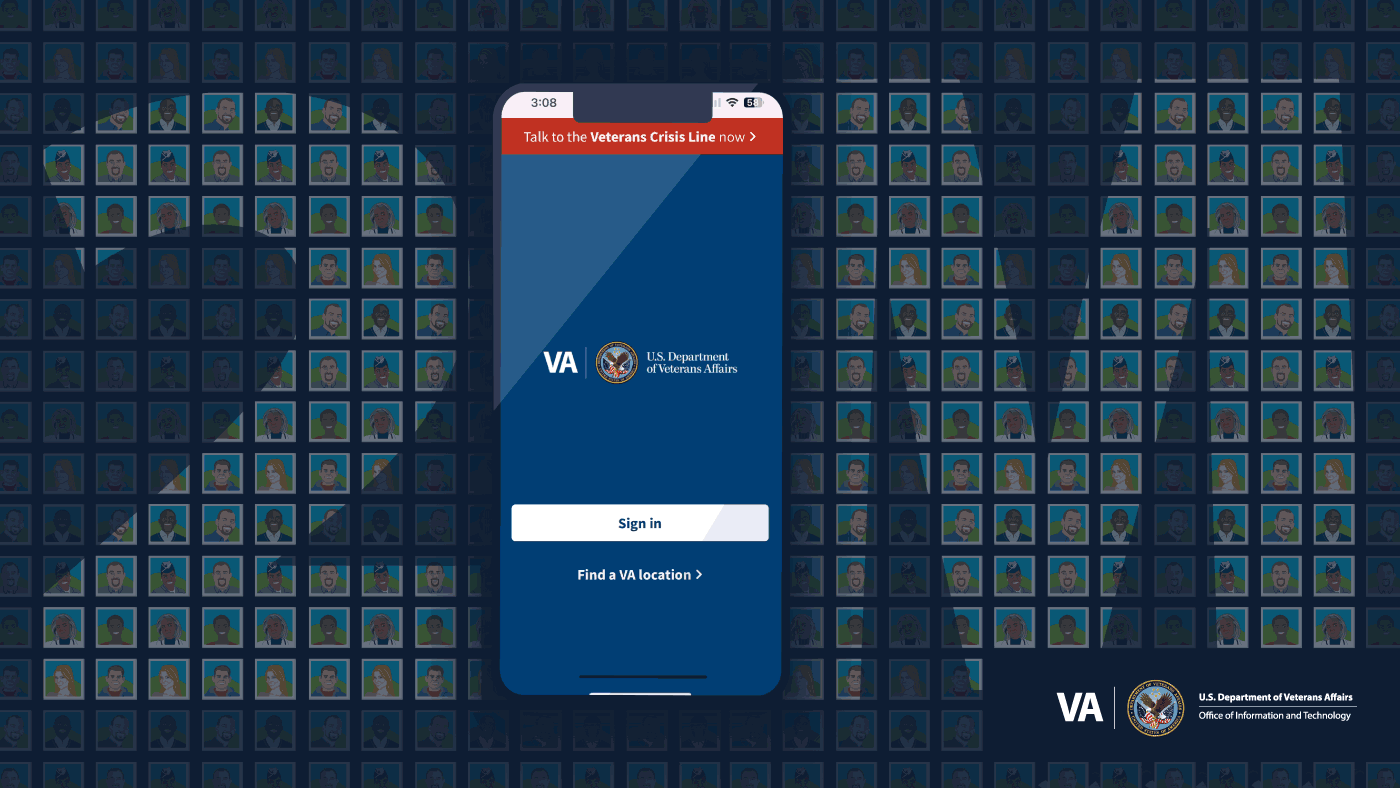VA understands the toll financial challenges can have, especially during the COVID-19 pandemic. That’s why we remain dedicated to supporting Veterans, service members and their families with VA resources during these difficult times.
If you or someone you know is struggling financially, Reach Out to VA for support. Overcoming financial challenges can be stressful. You don’t have to carry that burden alone.
VA’s home loan assistance: Solutions to help you keep your home
Housing hardships have remained one of the top concerns for many people throughout the COVID-19 pandemic. If you have found yourself struggling to afford housing, VA’s home loan assistance may be able to help. If you fall behind on your mortgage payments, your mortgage servicer (the company that handles collecting the money for your lender) can take your house to cover the money you owe. This process is called foreclosure.
However, VA is here to help and guide eligible Veterans in understanding your home retention options. There are six general ways to avoid foreclosure:
- Repayment plan: If you’ve missed a few mortgage payments, this plan lets you go back to making your regular payments, with an added amount each month to cover the ones you’ve missed.
- Special forbearance: This plan gives you some extra time to repay the missed mortgage payments. At the end of the forbearance, you must repay the missed payments in full to bring the loan current.
- Loan modification: This plan lets you add the missed mortgage payments and any related legal costs to your total loan balance. You and your mortgage servicer then agree upon a new mortgage payment schedule.
- Extra time to arrange a private sale: If you need to sell your home, this plan lets you delay a foreclosure, so you have time to sell.
- Short sale: If you owe more money than your house is worth, your servicer might agree to a short sale. This means the servicer will accept the total proceeds from the home sale (even if it’s less than the full amount you owe on the mortgage) as full payment of the debt you owe.
- Deed in lieu of foreclosure: This plan lets you avoid the foreclosure process by signing over the deed to the home to your servicer. The home will then belong to the servicer.
VA loan technicians are available to answer any questions you may have about debt, VA loans and other housing financial concerns. You may also be eligible to receive VA financial counseling to help avoid foreclosure.
If you are struggling with how to make your mortgage payments, visit https://www.va.gov/housing-assistance/home-loans/trouble-making-payments/ to learn more or contact your nearest VA Regional Loan Center to explore your options and find solutions.
You can also contact a VA Home Loan Representative by calling 1-877-827-3702 Monday through Friday, from 8:00 a.m. to 6:00 p.m. EST.
Other resources that can help
VA also provides Veterans, service members and their families with a wide range of financial literacy resources to help you better manage your money, including financial counseling.
For more information
For more information, visit VA’s housing assistance site at https://www.va.gov/housing-assistance/. If you want to learn more about managing your mental health, visit mentalhealth.va.gov. Here, you can explore a variety of mental health resources, information, treatment options and more.
We are aware of the stress that financial challenges may cause. If you find yourself in crisis, do not hesitate to reach out for immediate help. Emergency care is available by calling 911 or going to your nearest emergency department. The Veterans Crisis Line is available 24/7 and can be reached by calling 1-800-273-8255 (Press 1 if you are a Veteran) or chat online at https://www.veteranscrisisline.net/get-help, chat/text at 838255, or chat online.
Topics in this story
More Stories
The “Increase Your Credit Score” workshop will be a live event with credit experts whose aim is to help you bolster your credit score and financial stability.
Tax filing season has become a popular time for scammers to target unsuspecting taxpayers through multiple communication avenues. VA wants Veterans to remain vigilant against cyberattacks aimed at stealing personal and financial information.
The VA Health and Benefits mobile app is modernizing how Veterans access and manage their health care and benefits information.







Thank you.